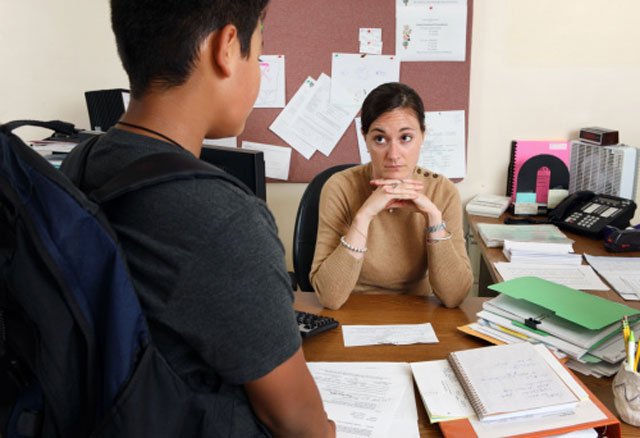Something that parents need to establish with their children early is that using the Internet is a privilege, not a right. This is important because if kids get too accustomed to and reliant on the Internet, it will be harder to end their privilege to it if they go against the rules.
In order to practice digital parenting, there has to be set rules that children understand and abide by. These rules vary on a case-by-case basis, but they should require open conversation between children and their parents concerning their activity on the Internet. When the rules are set, parents have to be ready to remove the Internet privilege if their child breaks the rules. It's not just to keep children safe from cyber threats, but also a life-long lesson that they can't take shortcuts and cheat the system.
Read More »












